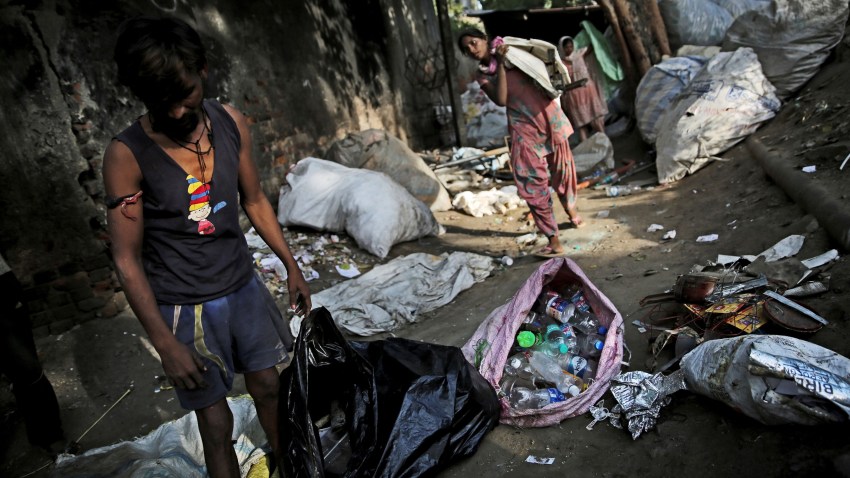In September 2018, after years of modeling and development, the Ocean Cleanup project launched System 001, a floating barrier designed to scoop up plastic debris from an area in the Pacific Ocean that, because of prevailing currents, had become a natural repository of ocean-borne plastic waste. The Great Pacific Garbage Patch, as the area the size of France became known, was first discovered in 1988, but it gained prominence after a public awareness campaign in 2008.
Although System 001 ultimately failed to hold onto the plastic debris it collected, Ocean Cleanup announced late last year that a modified prototype known as System 001/B, launched in June 2019, was successfully retaining the debris it captures. Whether or not it has a decisive impact on the Great Pacific Garbage Patch remains to be seen.
But the project and the attention it received highlight a broader trend that has emerged over the past few years: a recent and dramatic shift in both public opinion and political will with regard to limiting the production and use of plastics. “The plastic backlash: what’s behind our sudden rage—and will it make a difference?” The Guardian asked in November 2018. In June 2019, a BBC headline spoke of a “call to arms to fight the ‘war on plastic,’” while in August, the Times of India ran an explainer titled, “Why the world has declared a war against plastic.”

